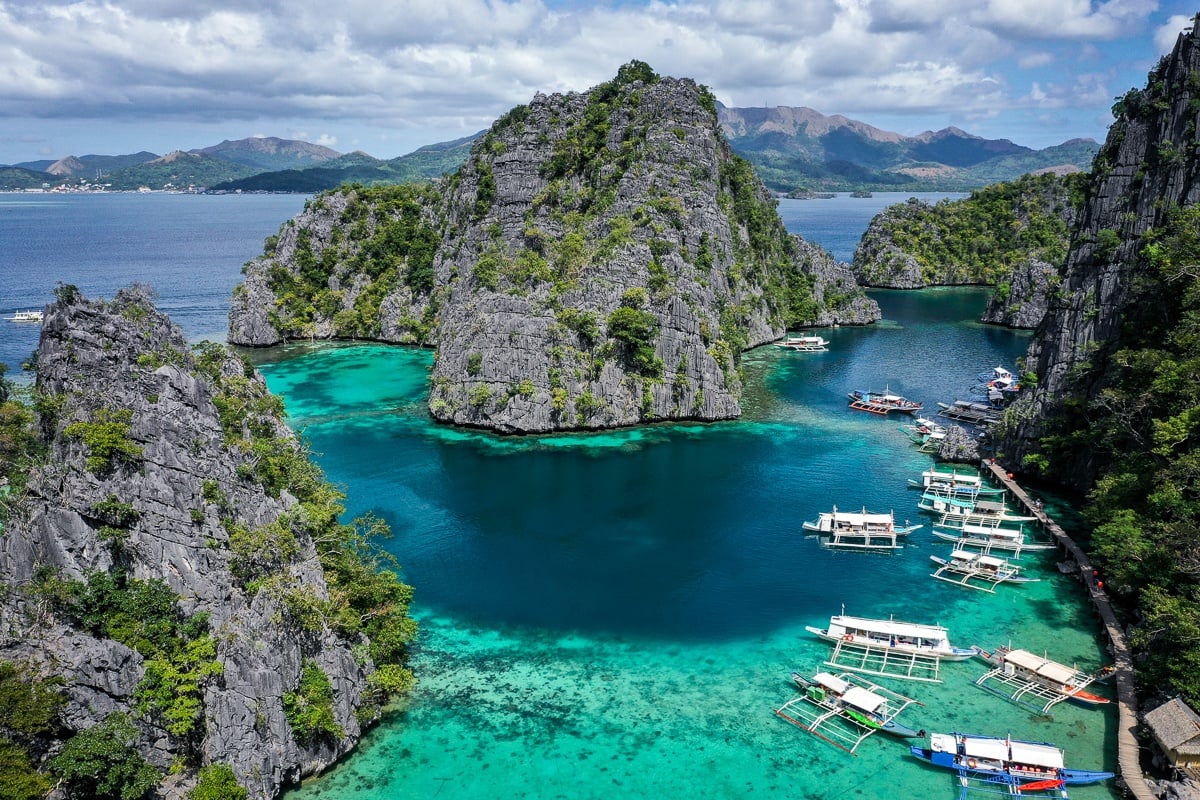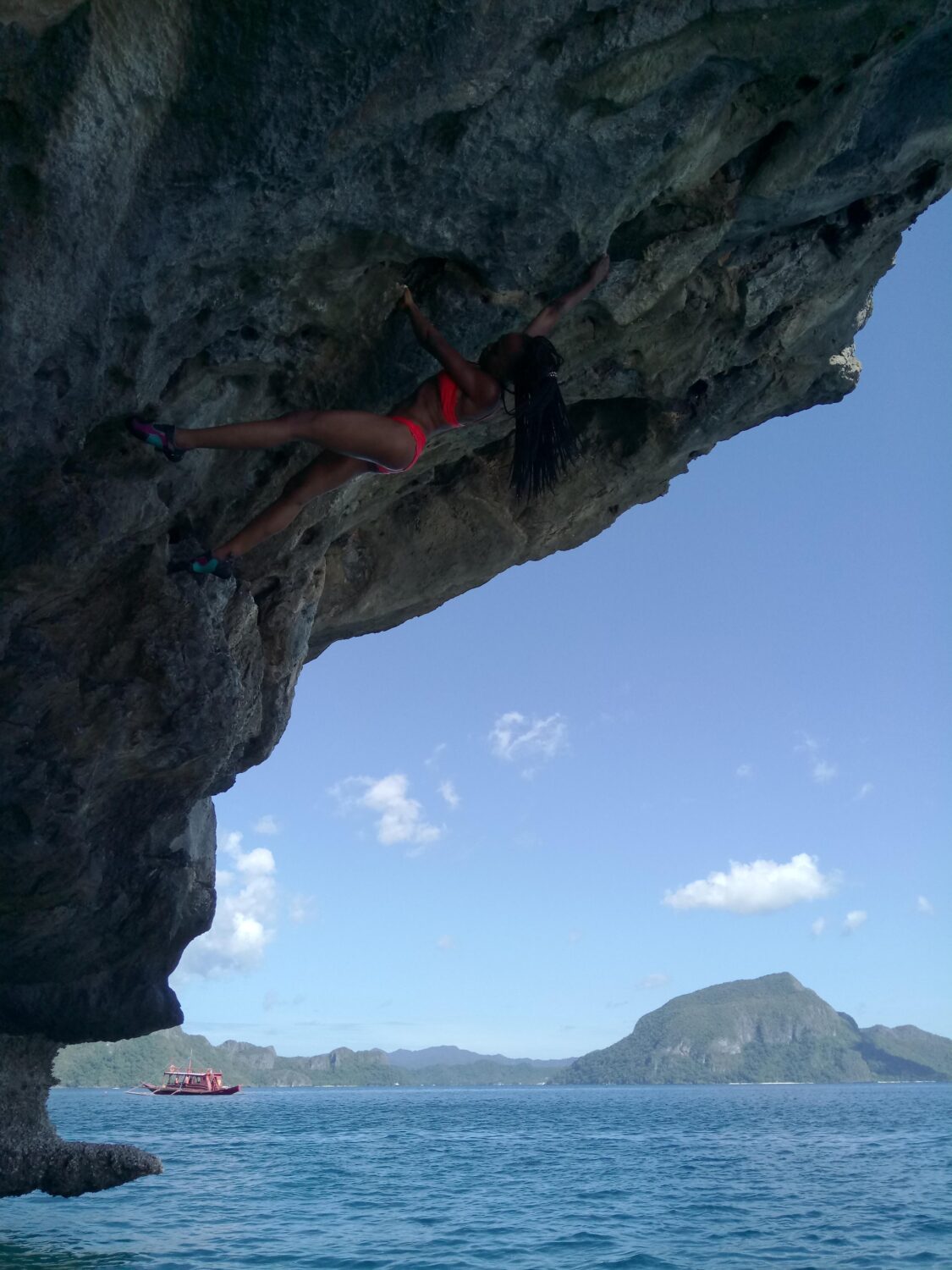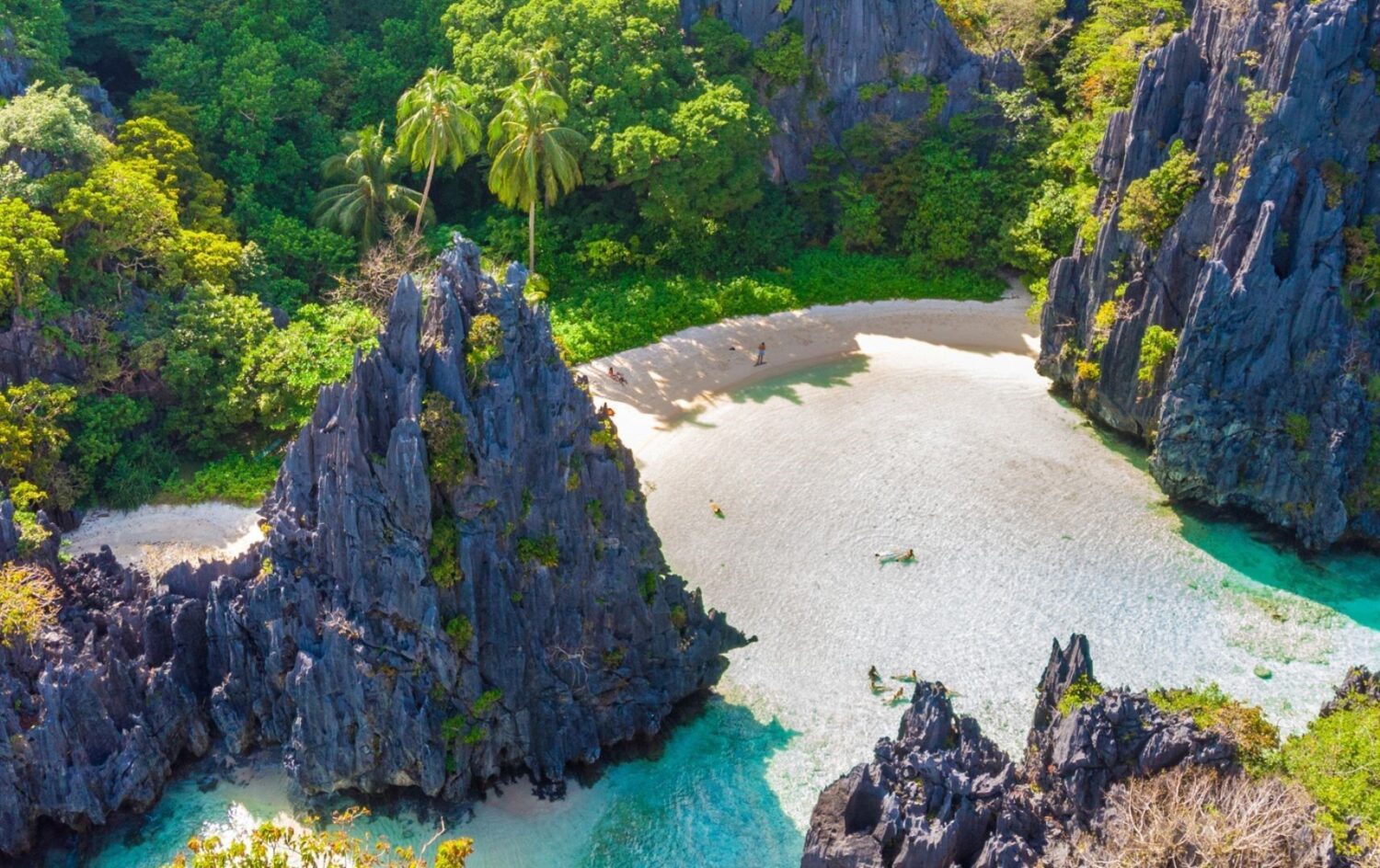The Philippines, known for its warm hospitality and stunning landscapes, is a destination that attracts travelers from around the world. While exploring this tropical paradise, it’s crucial to prioritize safety. From the bustling streets of Manila to the serene beaches of Palawan, understanding and adhering to safety guidelines ensures a smooth and enjoyable experience. This guide covers essential safety tips, including earthquake and typhoon preparedness, as well as general advice for a secure stay in the Philippines.

General Safety Tips:
- Research Before You Go: Before embarking on your journey, research the destinations you plan to visit. Understand the local customs, laws, and potential safety concerns. Stay informed about current events and travel advisories to make well-informed decisions during your stay.
- Stay Hydrated and Sun-Protected: The Philippines has a tropical climate, so staying hydrated and protecting yourself from the sun is crucial. Drink bottled or purified water, use sunscreen, and wear appropriate clothing to shield yourself from the sun’s rays.
- Practice Safe Transportation: Choose reputable transportation options. When using public transport, be cautious of pickpockets, secure your belongings, and use authorized taxi services. Consider using rideshare apps for added security.
- Vaccinations and Health Precautions: Check with your healthcare provider about recommended vaccinations before traveling to the Philippines. Carry essential medications, and be cautious about consuming street food to avoid foodborne illnesses.
- Emergency Contact Information: Save local emergency contact numbers, including the nearest embassy or consulate, in your phone. Share your travel itinerary with a trusted friend or family member and keep them updated regularly.

Natural Disaster Preparedness:
- Earthquake Safety: The Philippines is situated along the Pacific Ring of Fire, making it prone to earthquakes. Familiarize yourself with earthquake safety protocols:
- Drop, cover, and hold on during an earthquake.
- Know the evacuation routes and emergency exits in your accommodation.
- Keep a small emergency kit with essentials like water, snacks, a flashlight, and a first aid kit.
- Typhoon Preparedness: The Philippines experiences typhoons, especially during the rainy season (June to November). Stay informed about weather forecasts and follow these typhoon safety tips:
- Have an emergency kit with essentials, including non-perishable food, water, medication, and important documents.
- Know the location of evacuation centers in your area.
- Follow local authorities’ instructions and evacuate if necessary.
- Flash Floods and Landslides: Be cautious of flash floods and landslides, which can occur during heavy rains:
- Avoid areas prone to flooding or landslides.
- If you are in a flood-prone area, move to higher ground.
- Follow local news and weather updates for timely information.
- Diving Safety: The Philippines is a popular destination for diving enthusiasts. Ensure your safety while diving:
- Only use accredited and licensed diving operators.
- Check the weather conditions before diving.
- Dive within your skill level, and follow safety guidelines provided by instructors.

Cultural and Social Safety:
- Respect Local Customs: Embrace the local culture by respecting customs and traditions. Dress modestly, especially in religious sites, and be mindful of local sensitivities.
- Avoid Risky Areas: Exercise caution in unfamiliar or poorly lit areas, especially at night. Stay in well-traveled and well-lit areas, and avoid displaying valuables.
- Stay Informed About Local Laws: Familiarize yourself with local laws and regulations. Abide by them to avoid legal issues and ensure a trouble-free stay.

By prioritizing safety and staying informed, your visit to the Philippines can be a rewarding and memorable experience. From understanding natural disaster preparedness to respecting local customs, taking these precautions ensures that you can fully enjoy the beauty and hospitality that the Philippines has to offer while minimizing potential risks. Remember, being proactive about safety contributes significantly to a worry-free and enjoyable journey in this tropical paradise.


